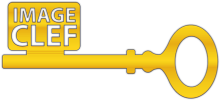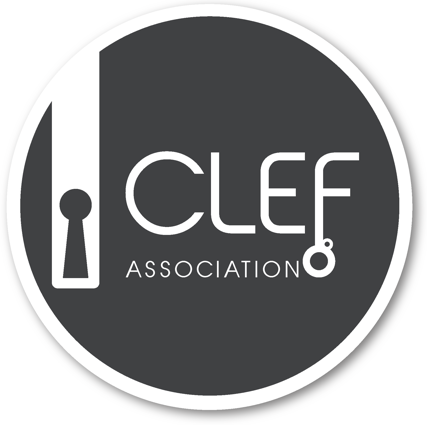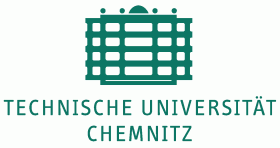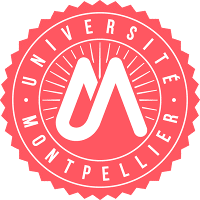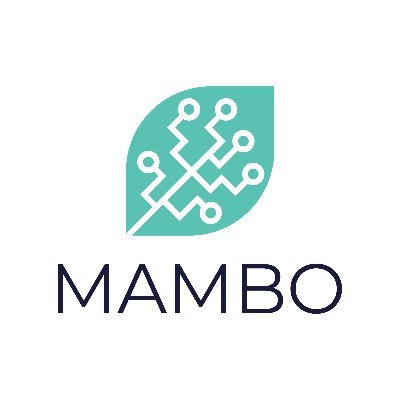- ImageCLEF 2025
- LifeCLEF 2025
- ImageCLEF 2024
- LifeCLEF 2024
- ImageCLEF 2023
- LifeCLEF 2023
- ImageCLEF 2022
- LifeCLEF2022
- ImageCLEF 2021
- LifeCLEF 2021
- ImageCLEF 2020
- LifeCLEF 2020
- ImageCLEF 2019
- LifeCLEF 2019
- ImageCLEF 2018
- LifeCLEF 2018
- ImageCLEF 2017
- LifeCLEF2017
- ImageCLEF 2016
- LifeCLEF 2016
- ImageCLEF 2015
- LifeCLEF 2015
- ImageCLEF 2014
- LifeCLEF 2014
- ImageCLEF 2013
- ImageCLEF 2012
- ImageCLEF 2011
- ImageCLEF 2010
- ImageCLEF 2009
- ImageCLEF 2008
- ImageCLEF 2007
- ImageCLEF 2006
- ImageCLEF 2005
- ImageCLEF 2004
- ImageCLEF 2003
- Publications
- Old resources
You are here
LifeCLEF 2025
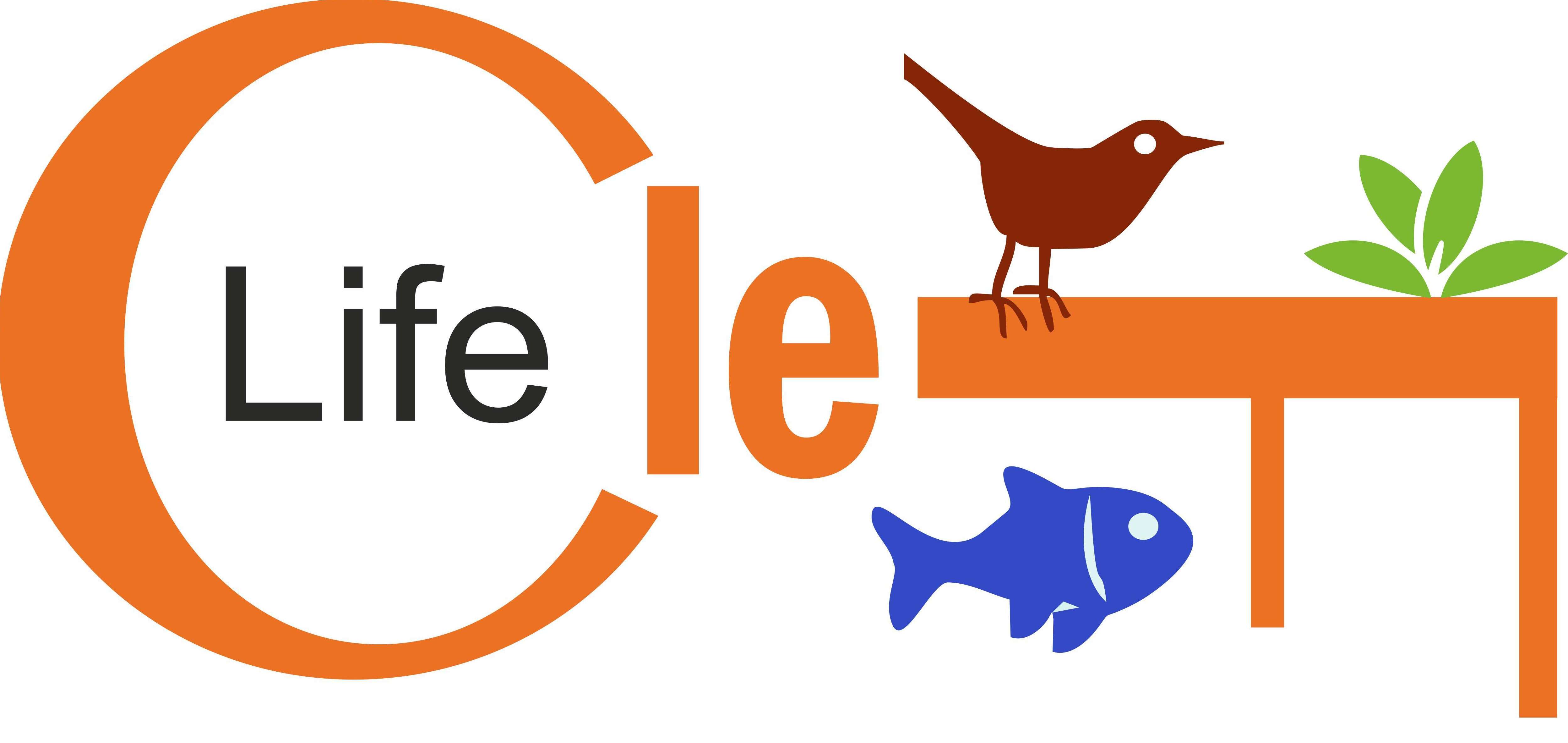
LifeCLEF is an international research initiative in the field of biodiversity informatics that organizes yearly challenges on the automated identification and understanding of life forms, particularly using machine learning and computer vision methods. It is part of CLEF (Conference and Labs of the Evaluation Forum), which organizes benchmark challenges to advance state-of-the-art techniques in information retrieval and data analysis.
Challenges
The 2025 edition of LifeCLEF proposes five data-oriented challenges related to the identification and prediction of biodiversity: (i) AnimalCLEF 2025: recognizing individual animals in images, (ii) BirdCLEF 2025: bird species identification in soundscape recordings, (iii) GeoLifeCLEF 2025: species presence prediction based on species occurrences and high-resolution remote sensing data, (iv) FungiCLEF 2025: few shot classification with rare fungi species, (v) PlantCLEF 2025: multi-species plant identification in vegetation plot images.
Tentative Schedule
- December 2024: Registration opens for all LifeCLEF challenges Registration is free of charge
- 1 March 2025: Competition Start
- 12 May 2025: Competition Deadline
- 31 May 2025: Deadline for submission of working note papers by participants [CEUR-WS proceedings]
- 23 June 2025: Notification of acceptance of working note papers [CEUR-WS proceedings]
- 30 June 2025: Camera-ready deadline for working note papers.
- 9-12 Sept 2025: CLEF 2025 Madrid - Spain
CLEF Conference, registration and working notes
LifeCLEF lab is part of the Conference and Labs of the Evaluation Forum (CLEF). CLEF consists of independent peer-reviewed workshops on a broad range of challenges in the fields of multilingual and multimodal information access evaluation, and a set of benchmarking activities carried in various labs designed to test different aspects of mono and cross-language Information retrieval systems. More details can be found on the More information related to the 2025-th edition of CLEF can be found on CLEF 2025 conference website.
Registrations
To take part in one of the LifeCLEF challenges, you must first register for the CLEF 2025 lab registration (link soon available on CLEF 2025 website). Note that the lab registration is NOT a registration to CLEF conference. The lab registration is free of charge and mostly enables you to receive information about the CLEF process (by email). Registration for the conference itself (for a fee) is via the “REGISTRATION” page (which will also be available on the CLEF 2025 main page in due course).
Specific procedures for each LifeCLEF challenge (registration in the submission system, access to data, etc.) are given on the respective pages: AnimalCLEF 2025, BirdCLEF 2025, GeoLifeCLEF 2025, FungiCLEF 2025, PlantCLEF 2025.
Working notes
Submitting a working note with the full description of the methods used in each run is mandatory. Any run that could not be reproduced thanks to its description in the working notes might be removed from the official publication of the results. Working notes are published within CEUR-WS proceedings, resulting in an assignment of an individual DOI (URN) and an indexing by many bibliography systems including DBLP. According to the CEUR-WS policies, a light review of the working notes will be conducted by LifeCLEF organizing committee to ensure quality. As an illustration, LifeCLEF 2024 working notes (task overviews and participant working notes) can be found within CLEF 2024 CEUR-WS proceedings. These proceedings are indexed by most bibliography repositories such as DBLP, Scopus, Google scholar, ResearchGate, etc.
For detailed instructions, please refer to the SUBMISSION INSTRUCTIONS page of CLEF 2025 website (coming soon).
A summary of the most important points:
- All participating teams with at least one graded submission, regardless of the score, should submit a CEUR working notes paper.
- Submission of reports is done through EasyChair – please make absolutely sure that the author (names and order), title, and affiliation information you provide in EasyChair match the submitted PDF exactly
- Deadline for the submission of initial CEUR-WS Working Notes Papers (for the peer-review process): coming soon
- Deadline for the submission of Camera Ready CEUR-WS Working Notes Papers:: coming soon
- Templates are available here
- Working Notes Papers should cite both the LifeCLEF 2025 overview paper as well as the individual tasks overview papers, citation information will be added in the Citations section below as soon as the titles have been finalized.
LifeCLEF presentation at ECIR 2025
A brief overview of the whole LifeCLEF lab will be presented at ECIR 2025 conference (March 24 – March 28, 2024).
Organizing Team
Overall coordination
- Alexis Joly, INRIA / University of Montpellier, LIRMM, ZENITH team, France,, France, alexis.joly(replace-by-an-arrobe)inria.fr
- Lukas Picek, INRIA--Montpellier, France & Dept. of Cybernetics, FAV, University of West Bohemia, Czechia, lukaspicek@gmail.com
- Hervé Goëau, Cirad - AMAP, Montpellier, France.
- Henning Müller, University of Applied Sciences Western Switzerland in Sierre, Switzerland, henning.mueller(replace-by-an-arrobe)hevs.ch
AnimalCLEF
- Lukas Adam, University of West Bohemia, Czechia, lukas.adam.cr(replace-by-an-arrobe)gmail.com
- Lukas Picek, INRIA--Montpellier, France & Dept. of Cybernetics, FAV, University of West Bohemia, Czechia, lukaspicek@gmail.com
BirdCLEF
- Stefan Kahl, Center for Conservation Bioacoustics, Cornell Lab of Ornithology, Cornell University, USA, sk2487(replace-by-an-arrobe)cornell.edu>
- Willem-Pier Vellinga, Xeno-Canto foundation for nature sounds, The Netherlands, wp(replace-by-an-arrobe)xeno-canto.org
- Holger Klinck, Center for Conservation Bioacoustics, Cornell Lab of Ornithology, Cornell University, USA, holger.klinck(replace-by-an-arrobe)cornell.edu>
- Tom Denton, Google LLC, San Francisco, USA, tmd(replace-by-an-arrobe)google.com
- Hervé Glotin, University of Toulon, France, glotin(replace-by-an-arrobe)univ-tln.fr
FungiCLEF
- Lukas Picek, INRIA, France & Dept. of Cybernetics, FAV, University of West Bohemia, Czechia, lukaspicek@gmail.com
- Klára Janoušková, The Center for Machine Perception Dept. of Cybernetics, FEE, Czech Technical University, Czechia, klara.janou@gmail.com
- Jiri Matas, The Center for Machine Perception Dept. of Cybernetics, FEE, Czech Technical University, Czechia, matas@cmp.felk.cvut.cz
- Jacob Heilmann-Clausen, Center for Macroecology, Evolution and Climate University of Copenhagen, Denmark, jheilmann-clausen@sund.ku.dk
GeoLifeCLEF
- Lukas Picek, INRIA, France & Dept. of Cybernetics, FAV, University of West Bohemia, Czechia, lukaspicek@gmail.com
- Christophe Botella, University of Montpellier, Inria, LIRMM, AMAP, France, christophe.botella(replace-by-an-arrobe)gmail.com
- Maximilien Servajean, LIRMM – UMPV, Montpellier, France, Maximilien.Servajean(replace-by-an-arrobe)lirmm.fr
- Alexis Joly, INRIA / University of Montpellier, LIRMM, ZENITH team, France,, France, alexis.joly(replace-by-an-arrobe)inria.fr
PlantCLEF
- Hervé Goëau, Cirad - AMAP, Montpellier, France, herve.goeau(replace-by-an-arrobe)cirad.fr.
- Vincent Espitalier, Cirad - AMAP, Montpellier, France, vincent.espitalier(replace-by-an-arrobe)cirad.fr.
- Pierre Bonnet, Cirad – AMAP, Montpellier, France, pierre.bonnet(replace-by-an-arrobe)cirad.fr
- Alexis Joly, INRIA / University of Montpellier, LIRMM, ZENITH team, France,, France, alexis.joly(replace-by-an-arrobe)inria.fr
Infrastructure support
- Ivan Eggel, University of Applied Sciences Western Switzerland, Sierre, Switzerland, ivan.eggel(replace-by-an-arrobe)hevs.ch
